Student Nurses in Morocco
[rev_slider Morocco]
When nursing skills lab instructor Kathy Awkard read about a conference in Morocco last June, she saw it as a life-changing opportunity for her students. Awkard recruited Mahdia Taheri ’15 and Aziz Elfath ’15 to submit an abstract for a presentation, something neither had done outside of class before.
“I wanted to introduce them to an aspect of the nursing profession they never anticipated, a higher level of scholarship,” says Awkard. She figured it was a long shot but sent in the submission anyway.
The International Conference on Technology in Higher Education, sponsored by the Hassan II University of Morocco, accepted the team’s proposal: a 20-minute presentation entitled “Using Simulation and Technology to Teach Nursing Students about Culture: It’s about Patient Safety.”
Taheri, Elfath, and Awkard were the only community college representatives among presenters from Australia, South Africa, Czech Republic, South Korea, Saudi Arabia, Kuwait, and Oman. US presenters represented colleges and universities from California, Massachusetts, Georgia, Kentucky, Illinois, and Maryland (Awkard and her team). Only one other team included students; all other presenters were academics.
“We talked about how MC uses simulation as a teaching modality/technique in nursing,” says Awkard. “We further connected the ways in which using this technique addresses cultural considerations in the delivery of patient care. It’s a matter of patient safety.”
Elfath, originally from Morocco and close to graduating from the nursing program, wanted to polish his presentation skills. “As nurses, we need to use different approaches tailored to specific populations in order to reach positive outcomes,” he says, adding, “I definitely came out of this experience with a better understanding of what it takes to perform in an international setting.”
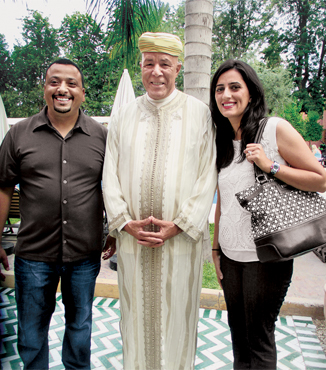 Taheri, an Iranian-American who had never traveled outside the United States, took in the cultural differences and professional similarities.
Taheri, an Iranian-American who had never traveled outside the United States, took in the cultural differences and professional similarities.
“Globally the nursing profession is growing,” she says. “We have a big role to play in the well-being of patients. Overall I feel this experience helped me be conscientious of how we interact with people.”
The trip was funded, in part, through a grant (Who Will Care), awarded to the College to expand the use of simulation in the nursing program.


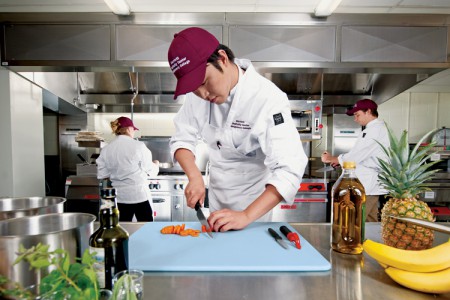
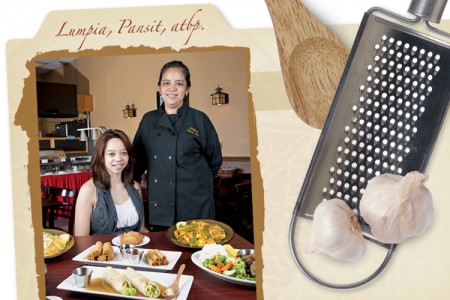
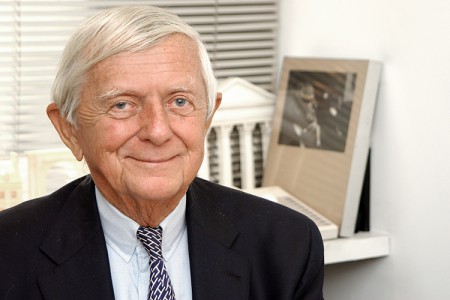

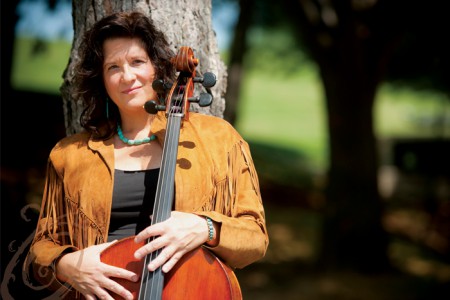

Follow Us